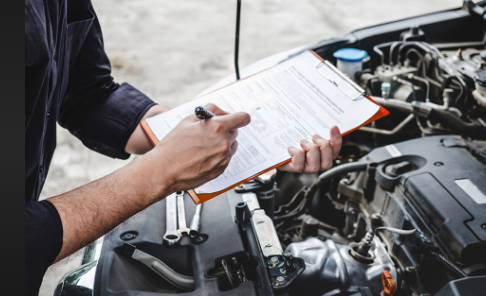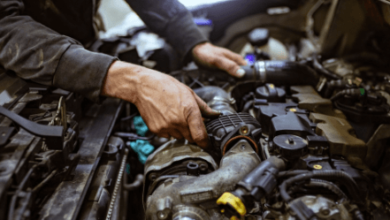
The Impact of Maintenance History on Car Value
When it comes to buying or selling a used car, one of the most critical factors that affect its value is the vehicle’s maintenance history. A well-documented history of regular maintenance can significantly enhance a car’s market value, while a lack of records or evidence of neglect can reduce it.
The Impact of Comprehensive Maintenance Records on Resale Value
A comprehensive maintenance history demonstrates that a car has been well cared for, which can alleviate potential buyers’ concerns about purchasing a used vehicle. Regular oil changes, brake checks, tire rotations, and other routine services not only keep the car running smoothly but also signal to prospective buyers that the vehicle is less likely to have hidden problems. This assurance can command a higher selling price compared to a similar car without a detailed maintenance record.
Evaluating Maintenance History as a Buyer
For buyers, evaluating a car’s maintenance history is an essential step in the purchasing process. When reviewing maintenance records, look for consistent dates and service intervals that match the manufacturer’s recommendations. Verify that the work was done by reputable service providers and that the records include detailed descriptions of the work performed and parts replaced. A well-documented service history not only assures you of the car’s condition but can also serve as a negotiation tool in discussions.
Furthermore, if buyers find a new car they are interested in at the dealership, they need to request any maintenance records that have been done on it. For example, a buyer may find a new Kia for sale that they love and has 6,000 miles on it because of test drives. The buyer will want to ensure that the vehicle has been properly taken care of by the dealership before they agree to buy it.
Consequences of Poor Maintenance on Vehicle Depreciation
Conversely, a vehicle with a poor maintenance history or no records at all is often seen as a riskier investment. Cars that have not been regularly maintained are more prone to mechanical failures, which can result in costly repairs for the next owner. This perceived risk typically leads to a faster depreciation rate and lower resale value. Buyers are generally cautious about investing in vehicles that might require immediate maintenance or that have a higher potential for future problems.
How Maintenance History Affects Warranty and Insurance Claims
For many cars, especially newer models, maintaining an up-to-date service record is crucial for warranty purposes. Many manufacturers require proof of regular maintenance to honor warranty claims. In the absence of such records, owners might find themselves ineligible for warranty coverage on parts that otherwise would have been covered. Similarly, some car insurance companies consider the car’s maintenance history when processing claims or setting premiums, potentially offering better terms for well-maintained vehicles.
Digital Tools and Resources for Tracking Car Maintenance
In the digital age, numerous tools and applications are available to help both car owners and potential buyers track and verify maintenance history. Apps like CARFAX or AutoCheck allow users to access a vehicle’s history report, which includes details about past ownership, accidents, and service records. These tools can be invaluable for buyers who want to verify information provided by sellers and for sellers who wish to provide transparency and boost buyer confidence.
Maintenance History as a Key Factor in Car Value
The maintenance history of a car plays a pivotal role in determining its value and appeal in the used car market. Whether you are buying or selling, understanding the impact of maintenance history on car value is essential for making informed, confident decisions in the automotive market.






